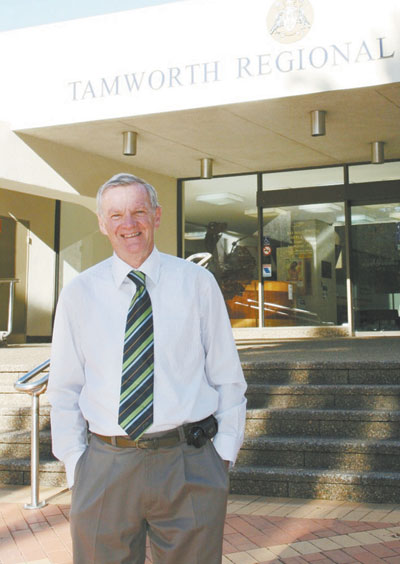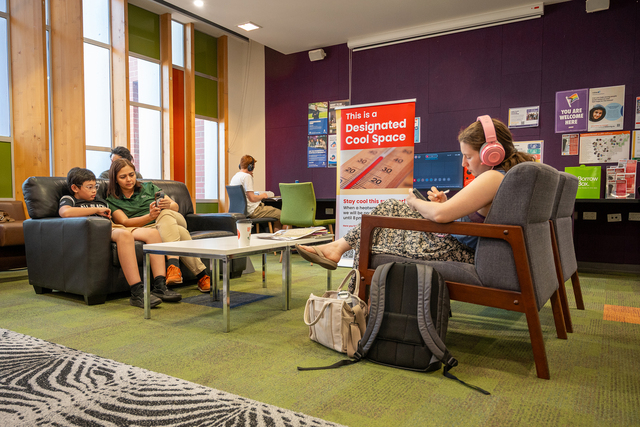Historically, one of the constant challenges waste educators have faced is contamination of household recycling bins. Plastic bags intermingled with other recyclable materials can cause many issues at the sorting facility. To address this problem, Bankstown City Council has taken the innovative approach of researching behavioural psychology theories to develop and trial education strategies that engage their culturally diverse community to Recycle Right.
General Manager Luke Nicholls nominated the Resource Recovery Team as high achievers following a major reduction in recycling contamination as a result of these strategies.
He said the team had skillfully used research into human behavioural psychology to get real results.
“The team has used a clever combination of words and images to give people direct but non confrontational feedback about how well they are recycling” he said.
Led by Daniela Santucci, they manage the contracts and service delivery for all domestic waste services which involve a three bin service and a household Clean Up service. The team includes Resource Recovery Education Officers Margaux Park, Vijay Perumal and Sarah O’Brien, Waste Services Officer Aaron Hilliard and Waste Management Officer Michelle Stewart.
The group was inspired by Goldstein, Martin and Cialdini’s book, Yes!: 50 Scientifically Proven Ways to Be Persuasive, and moved to systematically test some proven community based social marketing tools.
The basic tool they decided to test was the ‘smiley face’ feedback pioneered by Robert Cialdini. Educators used two cards, one with a smiley face and one with a frown face to help foster behaviour change within the community.
The smiley card said: “Well Done! This week your household Recycled Right. 85.7 per cent of households in Bankstown Recycle Right. Thank you for your efforts.” The frown card said: “Oh No! This week your household did not Recycle Right! Because in your recycling bin we found plastic bags [tick] or [other]. We need your help to Recycle Right! Thank you for your efforts.”
Daniela said the biggest lesson was how powerful simple feedback was in changing behaviour and attitude. The end result has been a significant decrease in recycling contamination. Working for three months with 1400 properties, Council halved the contamination rate from 30 per cent to 15 per cent.
In addition the Council produced a short film for other waste educators and industry professionals to learn from the Bankstown experience and start to develop their own community specific engagement programs.
The team has now been speaking widely to other Local Government groups and at industry conferences in order to show how the tools and research can be transferred.

















